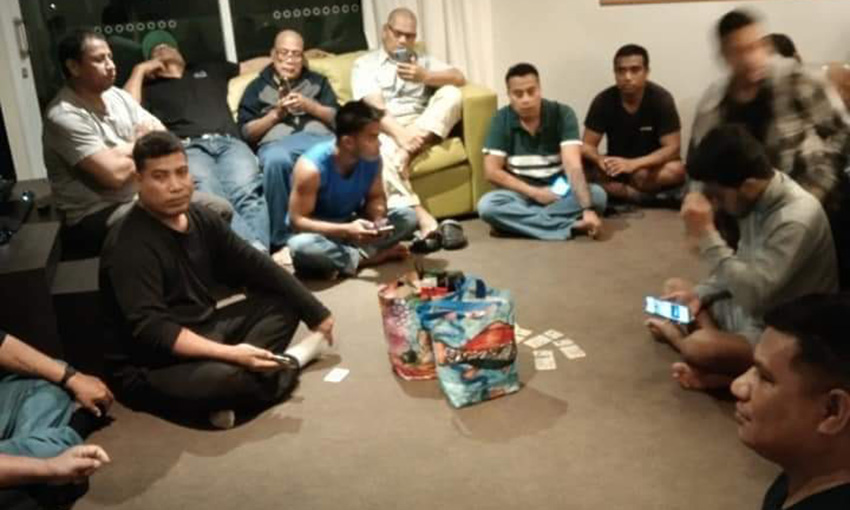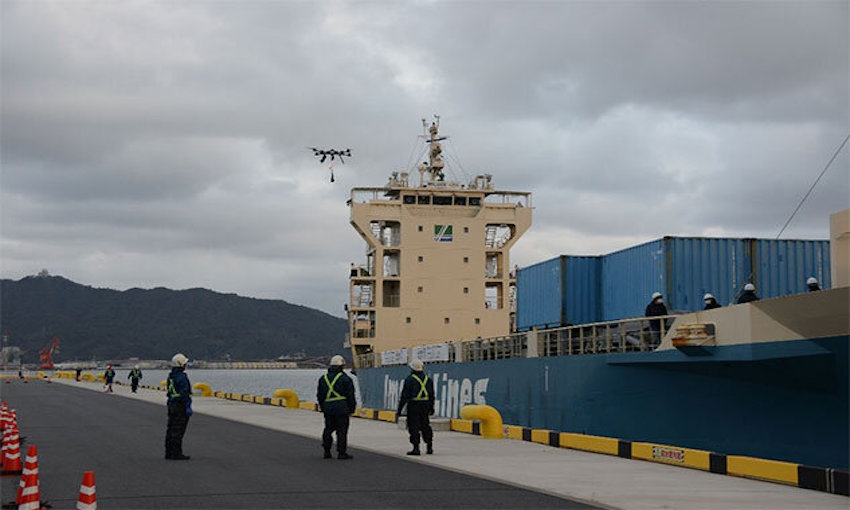THIRTY-one seafarers from the Republic of Kiribati have been stranded indefinitely in a Brisbane hotel, facing growing concerns over looming contract expirations, wage uncertainty, and the welfare of family members back home.
The group belongs to an increasing number of Kiribati seafarers globally displaced in the crew-change crisis, with others in Fiji, Germany, South Korea and Indonesia.
The severity of the crisis’s impact on Kiribati’s maritime workforce is largely attributed to the logistical challenge of flying to and from the Pacific nation. The few travel routes usually available to returning seafarers have been shut.
Mission to Seafarers Brisbane president Ross Nicholls said his team of volunteers is providing support for the seafarers while they are being detained in Brisbane, but that it is critical that they be returned home soon.
“The sad reality is that some of them have not been home for more than two years, and some of them haven’t seen their newborn children,” Mr Nicholls said.
“Some of them are having difficulties in the community back home … so it’s causing an enormous amount of stress and anxiety, which ultimately leads to mental and physical anguish,” he said.
Crew spokesperson Bwerentetaake “Johnny” Toanuea said regular crew meetings and activities in the hotel are an important part of staying mentally healthy and in high spirits.
“We always hold a get together once a week to see if everyone feels okay, or if anyone has anything to share” Mr Toanuea said.
Officially called the Weekly Kiribati Island Overseas Seaman Union Meeting, the gathering is a chance to formally raise concerns and communicate them to their union and their nation.
“Everything that has been discussed in the meeting has to be recorded and sent back to our seafarers union office back in Kiribati,” Mr Toanuea said.
“The seafarers union back home is not strong enough to fight the government for our rights, and that’s why we need to get home fast … that’s why we need stronger international organisations to help get us home.”
In the meantime, with lockdown restrictions in place, Mr Toanuea organises informal gatherings with his colleagues to pass the time until they are repatriated.
“At the moment, with the restrictions on moving around outside due to the spread of the virus, our colleagues have to stay indoors, and this is how we get everyone feeling mentally and physically fresh and fit,” Mr Toanuea said.
“I always arrange activities to get our crew together to play cards in my room or to sing some local songs from home with the guitars, just to make the time go fast and keep our crew happy all day long.”





